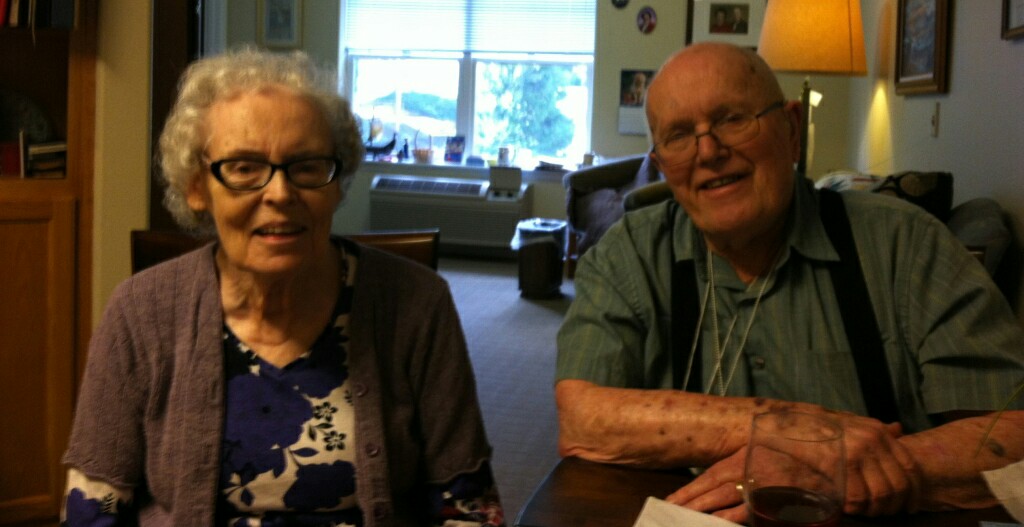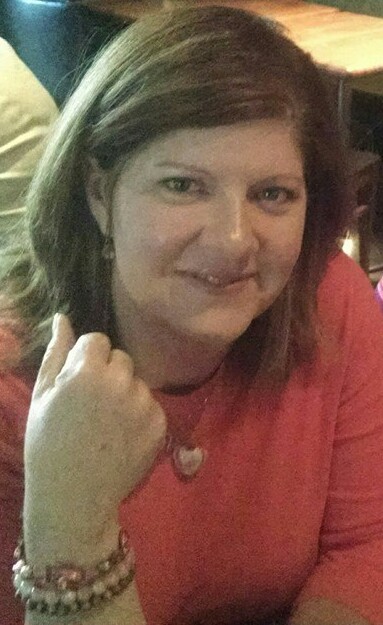This week is Part 2 of the “top 10” questions/issues that care partners are urged to focus on to the exclusion of all else. I addressed #1-5 last week in Do You Know The (Right) Answers To These Questions? (but stand by my belief that the #1 key to providing amazingly awesome care for a person living with dementia is typically ignored in the “top 10.”)
Q: What are the basics of everyday care, or ADLs (activities of daily living)?
A: ADLs refer to things that we typically take for granted, such as toileting, grooming, bathing, dressing, and eating. Over time, memory loss, anosognosia, loss of balance, fear of falls, and impaired fine motor skills make these tasks difficult (or impossible) for a person living with dementia to complete without at least some assistance.
Instrumental ADLs (IADLs) includes things such as balancing a checkbook, doing a load of laundry, grocery shopping, getting from one place to another outside the home, and making phone calls. A change in abilities in any of these areas often serves as an early indicator that something is not right.
Q: Why is medication management a big deal?
A: Medication only works if it’s taken as prescribed. Relying on someone living with dementia to take care of this on his own is rolling the dice. He could skip doses, or he could double doses…just depends on what his brain is telling him is true at that moment. The wrong dose (or lack of dose) could prove fatal.
Q: What is advance care planning?
A: I’m convinced advance care planning is one of the least popular topics of conversation in the history of spoken language, because it’s basically an un-fun game of Would You Rather…and you’re playing on someone else’s behalf. Would you rather die at home, or in the hospital? Would you rather die of unavoidable disease progression (“natural causes,” in the case of dementia), or use every bell and whistle (ie, feeding tube, ventilator) the medical community has so far invented in order to delay that outcome for an indeterminate period of time?
I recommend using a POLST to help clarify the questions and answers. Please keep in mind: for most people, this is not a one-time conversation; it will evolve over time.
Q: What about respite care?
A: Many people aren’t even sure what “respite care” means, which makes it awfully hard to use it. From dictionary.com, respite is n.: a delay or cessation for a time, especially of anything distressing or trying; an interval of relief. That sounds pretty good, yeah?
Get respite care in the form of other family members, adult day care, in-home care, or a brief stay in a memory care community. This is a win-win arrangement: you get to recharge your batteries, and your parent gets a change of scenery in a safe environment.
Q: Just the term “self-care” makes me tune out.
A: That makes you like pretty much every other care partner on the planet! It also means you could be part of the infamous 40%. That is, 40% of all care partners die before the person they’re caring for because they don’t take care of themselves.
Are you tuned in now?
What would happen if you were part of that 40%? Would would happen to your parent? Don’t fall into the trap of magical thinking that “the worst has already happened.” I’ve got 15 years worth of stories that prove you wrong. Take care of yourself. Start with 5 minutes a day and build up your tolerance from there. YOU’RE WORTH IT!
Dementia can last for 20 years. That's a long time to fly by the seat of your pants, struggling through trial and error! If you don't have a strategy, but you're ready to step into the life you and your loved one deserve, schedule your complimentary Dementia Caregiver Strategy call with Christy.


